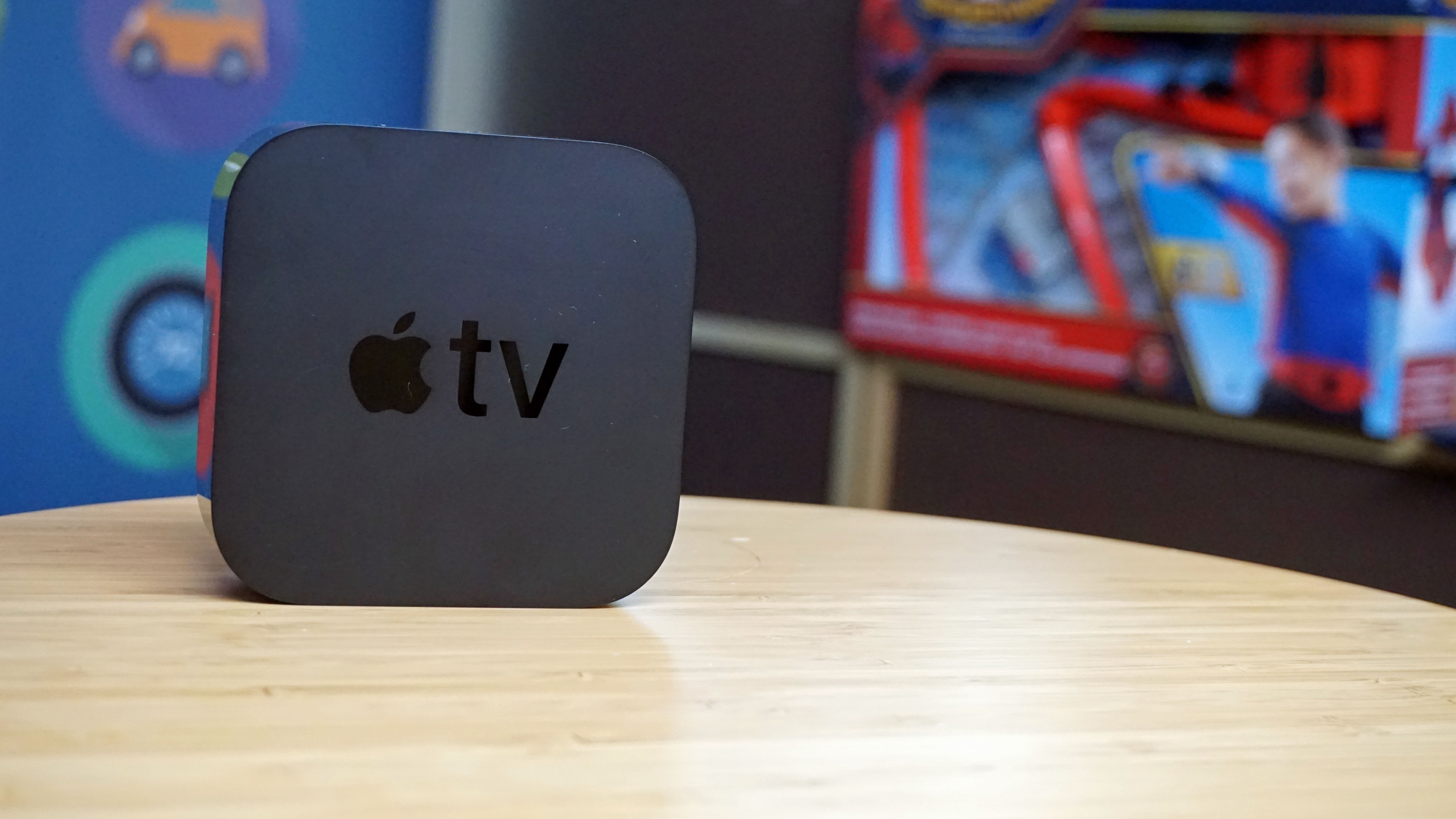- The next Apple TV could land in 2025 with a custom Wi-Fi chip
- It would replace the existing chip, which is made by Broadcomm
- It’s a risky move, but could bring big benefits to your devices
The third-generation Apple TV 4K landed over two years ago, but a successor is finally in the works according to new rumors – and it’s likely to benefit from a new Apple-made Wi-Fi and Bluetooth chip.
The new report from Bloomberg journalist Mark Gurman suggests that Apple is on the brink of launching its own combined Wi-Fi and Bluetooth chip, replacing those made by Broadcom that can be found in many Apple devices today. This chip will first find its way into the Apple TV 4K set-top box and the HomePod mini, Gurman claims, which will apparently both launch at some point in 2025.
This type of component is vital to the Apple TV. Wi-Fi allows you to connect the set-top box to the internet in order to download shows, play games, and more. The Bluetooth connection, meanwhile, lets you pair accessories such as remotes and controllers. If successful, the new chip will enable Apple’s smart home devices to “work more closely together and potentially synchronize data more quickly,” Gurman believes.
What other new features could a next-gen Apple TV get? Previous rumors have pointed to an upgraded processor like the A17 Pro (which it’d need for Apple Intelligence features). Respected analysts like Ming-Chi Kuo have also previously suggested that a new Apple TV could also hit a lower price point than the current 64GB model’s $129 / £149 / AU$219 tag.
More outlandish rumors in April suggested that Apple could be planning to give a future Apple TV a built-in camera for gesture controls. That would certainly make losing its remote less annoying, but those rumors (also from Bloomberg’s Mark Gurman) didn’t specify whether or not the tech might be for the next Apple TV or a future version.
Full steam ahead

The Apple TV and the HomePod mini are not the only devices set for this new chip. Gurman says it will also come to the iPhone in 2025 and the iPad and the Mac in 2026.
Apple is making a major push into the smart home arena and will launch new products next year, Gurman says, including a home hub with a built-in display and a home security camera, so it makes sense for it to debut a new chip for these products in the coming months.
Apple has long sought more control over the components that go into its devices. This mindset contributed to its drive to develop the chips that became known as Apple silicon, and it’s behind the company’s long-rumored switch away from Qualcomm modems in its iPhones.
But the chip will bring another benefit, Gurman believes: it will be able to power “thinner iPhones and wearable technology” made by Apple. That suggests that the slimline iPhone 17 Air rumored for 2025 could be a direct beneficiary of Apple’s own chip.
It’s not without its risks, though. As with the move away from Qualcomm modems, Apple will have to rely on its own largely untested technology for a critical component in its devices. The iPhone 4’s Antennagate provides ample warnings of what can happen when the wireless technology in people’s devices is disrupted.
But that’s unlikely to slow Apple down. With new devices powered by Apple’s wireless chips just around the corner, we won’t have long to wait to see if they can pass muster.
You might also like
This articles is written by : Fady Askharoun Samy Askharoun
All Rights Reserved to Amznusa www.amznusa.com
Why Amznusa?
AMZNUSA is a dynamic website that focuses on three primary categories: Technology, e-commerce and cryptocurrency news. It provides users with the latest updates and insights into online retail trends and the rapidly evolving world of digital currencies, helping visitors stay informed about both markets.
